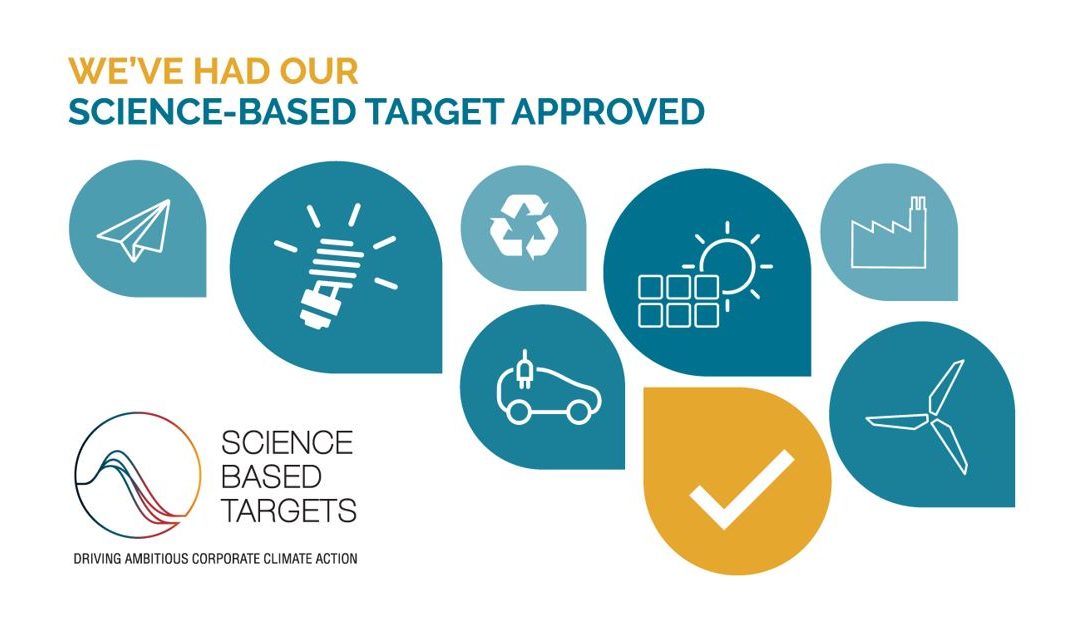Alaya Consulting, a leading ESG Advisory in Hong Kong, announces its long-term Greenhouse Gas (GHG) emission reduction target has
To qualify for an approved SBT, Alaya’s carbon reduction strategy was required to demonstrate its alignment with the Paris Agreement (the 2-degree Celsius commitment), meeting a set of stringent sector-based emissions reduction targets for Scope 1, 2 and 3 emissions.
Alaya’s SBT goal states: “Alaya Consulting commits to reduce scope 1 and 2 GHG emissions 47% per m2 by 2023 from a 2017 base year. Alaya Consulting also commits to reduce absolute scope 3 GHG emissions 7% by 2023 from a 2017 base year.”
Tony Wong, founder of the firm, stated: “We are proud that SBTi has approved our target. As an ESG advisory, we recognize the importance of being a part of the solution. In the wake of more stringent disclosure requirements on climate change proposed by The Stock Exchange of Hong Kong (HKEX) and the increasing scrutiny by institutional investors on carbon risk in their portfolios, Hong Kong listed companies have to step up their efforts in terms of identifying and managing risks and opportunities related to carbon.
“By setting our own carbon reduction targets, we aim to show by example to corporates in Hong Kong and China how they can contribute to a sustainable environment for business and for future generations.”
SBTi is a collaboration between CDP, the UN Global Compact, the World Resources Institute and the World Wide Fund for Nature. It defines and promotes best practice in science-based target setting and independently assesses and approves companies’ targets.
Targets adopted by companies to reduce greenhouse gas emissions are considered “science-based” if they are in line with the level of decarbonization required to keep global temperature increase below 2 degrees Celsius compared to pre-industrial temperatures.



